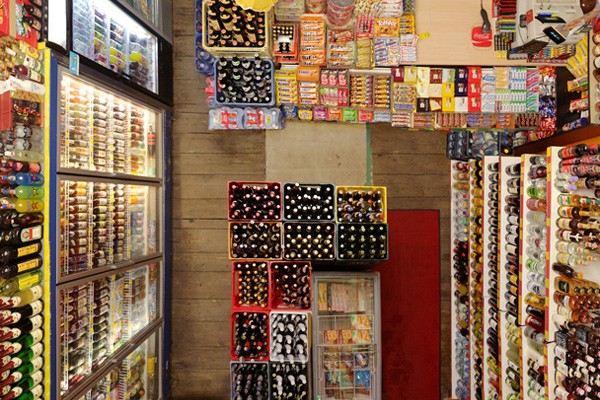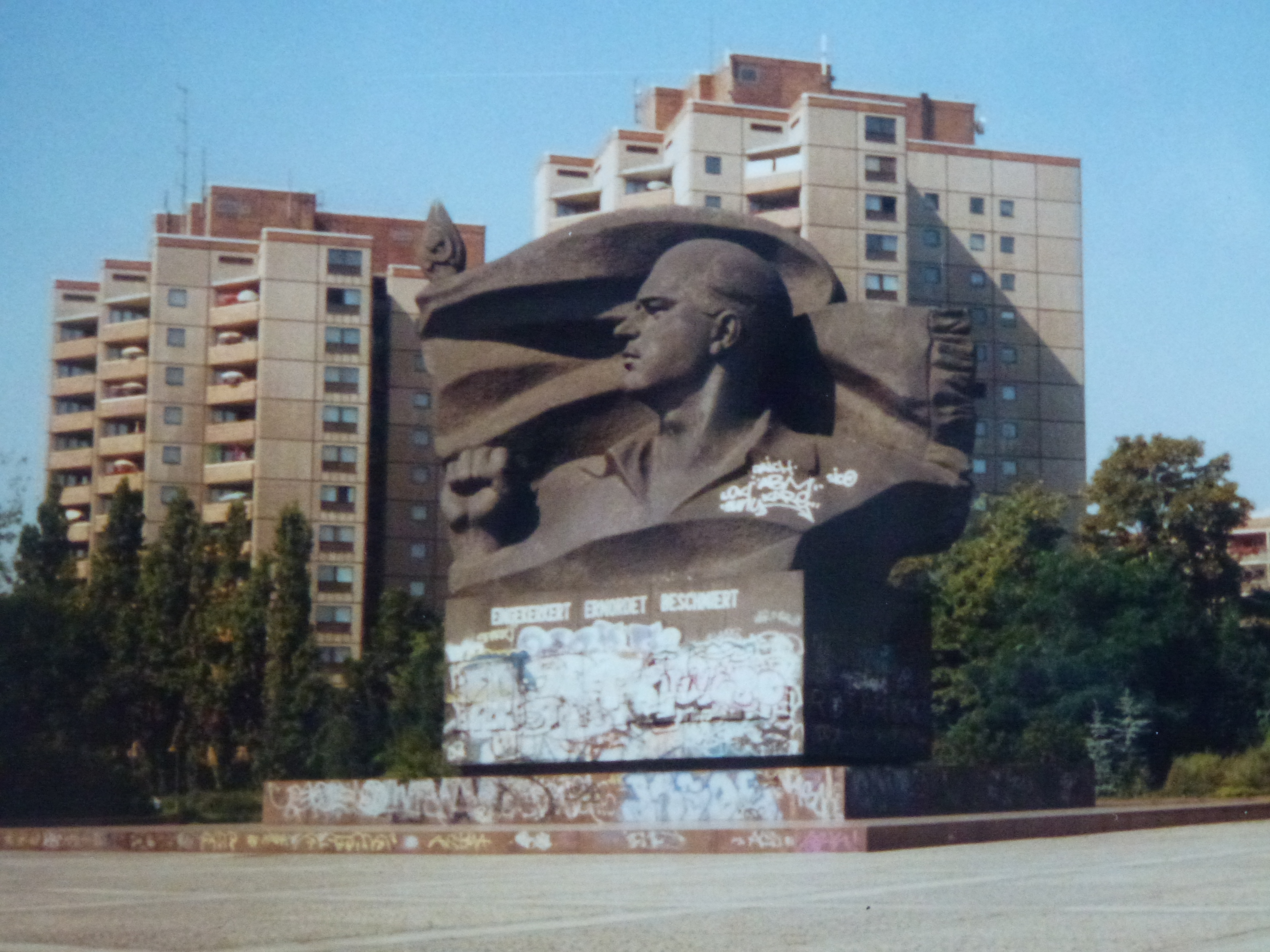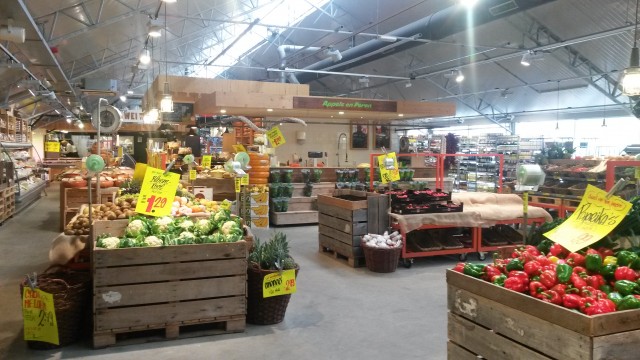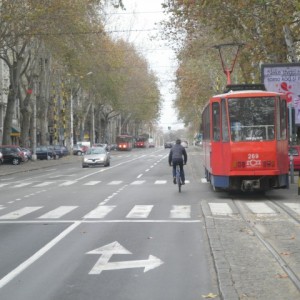Around a week after I moved from Berlin to Amsterdam, I was out at night taking a walk when a sudden craving for chocolate overtook me. Looking around, the only thing open to me was the beautiful cityscape, its typical small canal houses, and the reflections of light on the water. As I strategically scanned the area, it slowly began to dawn on me: maybe they do not have them in Amsterdam. It was hard for me to imagine, and even more so difficult to accept, how life in Amsterdam could be possible without one: a Späti.
What is a Späti?
In its simplest incarnation, a Späti is a convenience store. Open 24 hours, day and night, Spätis are an intrinsic element of Berlin’s cityscape. Pretty much exclusive to Berlin, except maybe Hypezig, there are over a thousand of them and the one commonality that they share is their uniqueness. With a product range that includes the obvious, such as beer, wine (but in Berlin you drink beer), cigarettes, snack foods, soft drinks, and general convenience goods – you are just as likely to stumble over items ranging from volumes of poetry, Chinese pottery, or an almost complete collection of a hardware store.
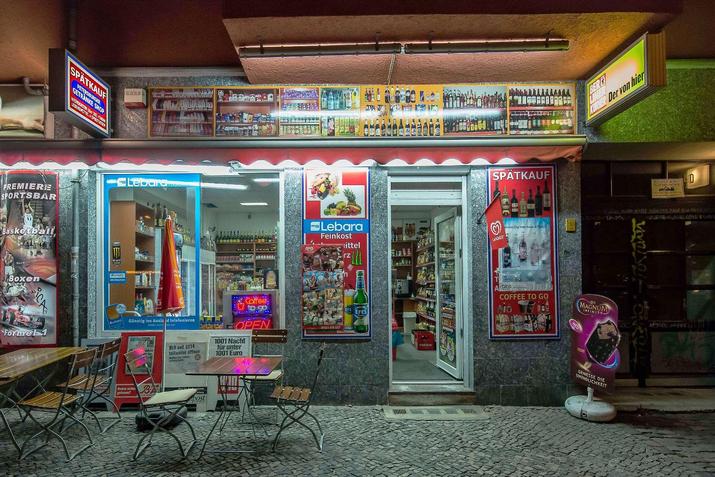
The typical shop front of a Späti: uninviting but still so familiar © Daniel Gregor
To distinguish their shop from others, the owners of Spätis become creative. Apart from integrating the expected Internet café or early morning bakery, you will equally find shops that feature a beauty salon, bookstore, travel agency or gallery. Yet the shop owners, who in most cases share a Turkish background, will regularly be found watching indistinct shows on their laptops behind the counter – an experience that belongs as much to the Späti as the bright neon lights and opening your beer bottle in store with the communal opener.
The Späti is Endangered
Although Germany is a secular state, Sunday is still sacred (yes, in that religious sense). The church enforces the continuation of closed Sundays for almost all commercial establishments. As a consequence, there are literally only seven supermarkets open on Sundays in Berlin. For those who are unable or unwilling to plan in advance their weekend shopping, the Späti becomes a lifeline. Sunday, the day with the biggest turnover becomes the Späti’s Sword of Damocles, because the shop-opening laws equally apply to the Spätis.
These shop-opening laws are German bureaucracy at its best; an inscrutable jumble of rules that are as archaic as they are contradictory. This is the reason why, thus far, the opening of Spätis on Sunday remained a legal grey area tolerated by the authorities. Still, the church demands the sacredness of Sunday, sparking a conflict over legal requirements and the Späti culture that has evolved over the years. If Spätis have to close on Sundays, they are unlikely to survive.
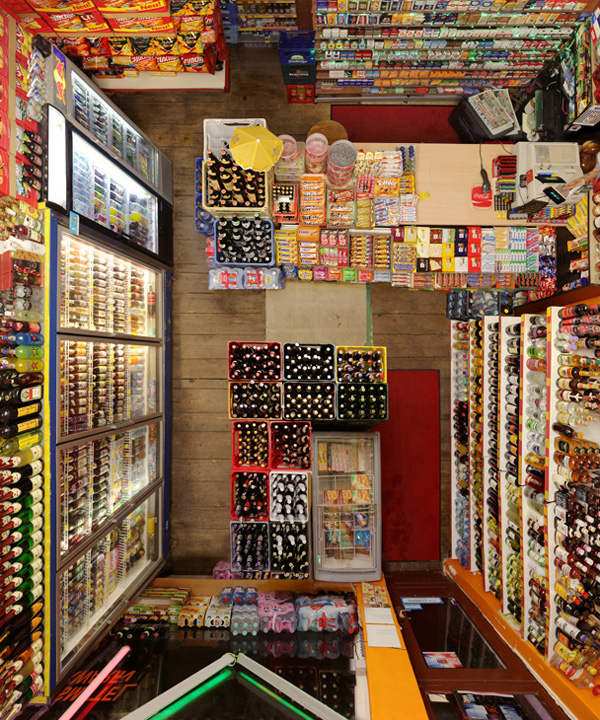
A bird’s-eye view of a Späti © Menno Aden
The Importance of the Späti
Even though there are Späti equivalents all over the world, this Berlin-style convenience store, the ubiquitous Späti is a local cultural phenomenon. It is not only part of the natural habitat of the mean Berliner; more importantly, it is also a communal central point in the neighbourhood. There is a certain feeling of hype attributed to the Späti (just considering the existence of an ode to the Späti and an app that helps you locate your surrounding establishments). yet there is also serious significance underlying its cult status.
Berliners are turning away from the artificial hipster lifestyle and the mushrooming cafés that are dominating the public space. The unaspiring look and character of Spätis stand for the rediscovery, and resurgence, of a beloved, ‘authentic’ unpretentious everyday life, all captured in one small place. As everybody in Berlin has their own local Späti, it remains a constant, and one that becomes part of Berlin.
Since public drinking is not policed, the streets are full of night owls and party tourists when the sun sets. Over the past two summers Spätis have started putting seating in front of their shops and in their own way replacing bars. The Späti serves as a contact point for people in the anonymity of city life. It is the place where people go before a night out, sure, initially because the beer is so cheap, yet over time simply get stuck, intrigued by the most basic and delightful dimensions of social life, as a reminder to casual bystanders of the nature of the “third place”, described by Oldenburg as a blessed state of irrelevance and idle talk.
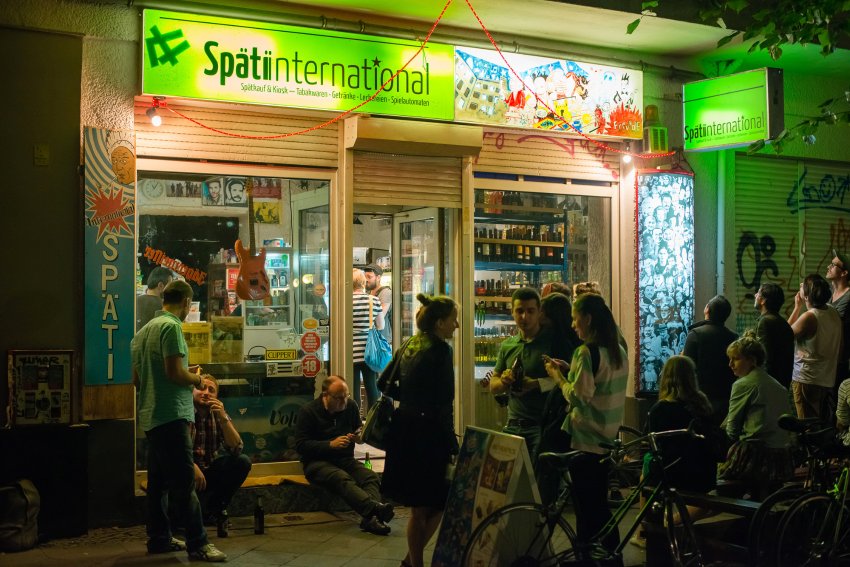
Night owls in front of the famous Späti International © spaeticrawlberlin
During daytime, the Späti supplies its neighbourhood with German or Turkish breakfasts, accepts packages or even offers emotional support. It is familiarity without engagement, appreciated on both sides. This makes the Späti proprietor the community’s favourite neighbour. After all, a Späti would be nothing without its shop owner.
Being forced to go home empty-handed after my walk I was wondering: what is the Späti-equivalent in Amsterdam, or in fact across all other cities? And how much do these places shape life practices in cities?

